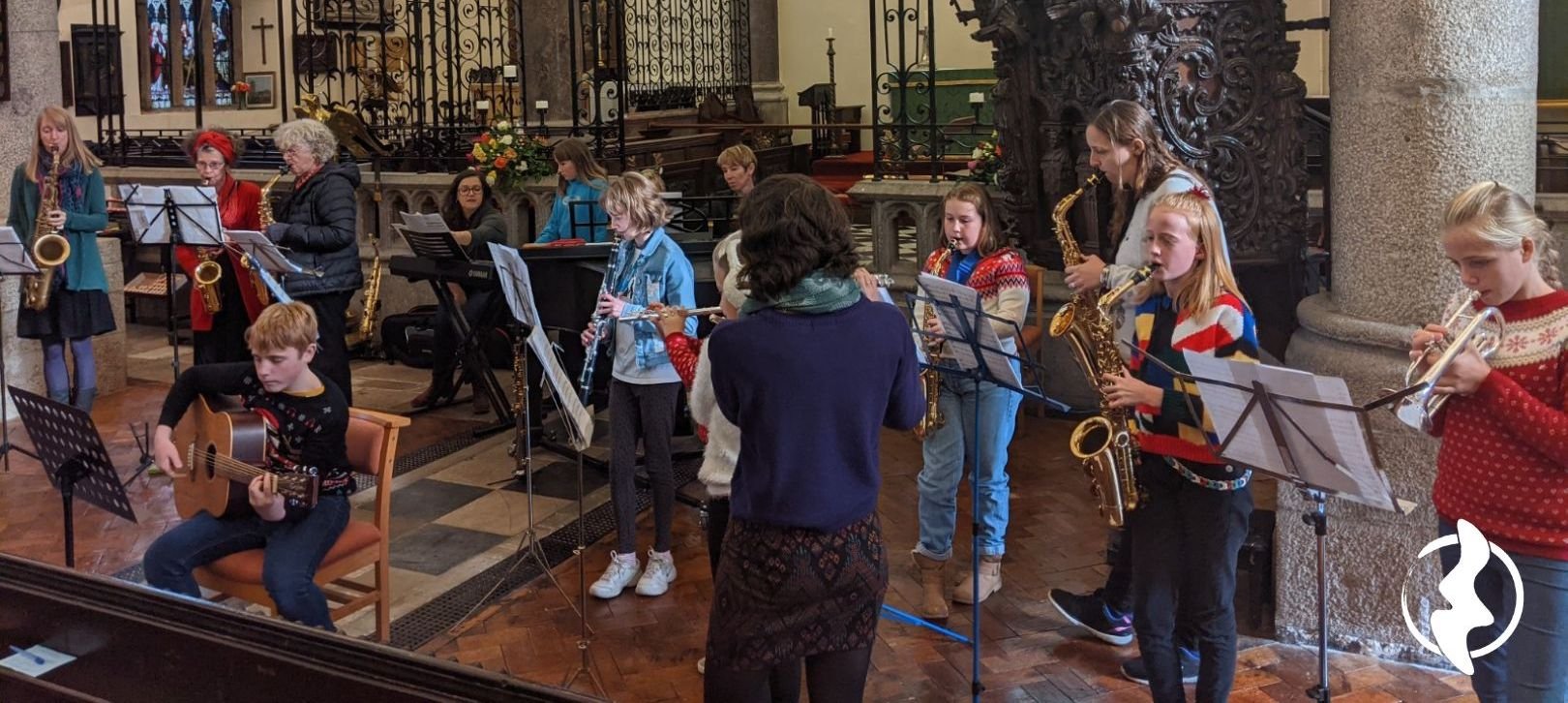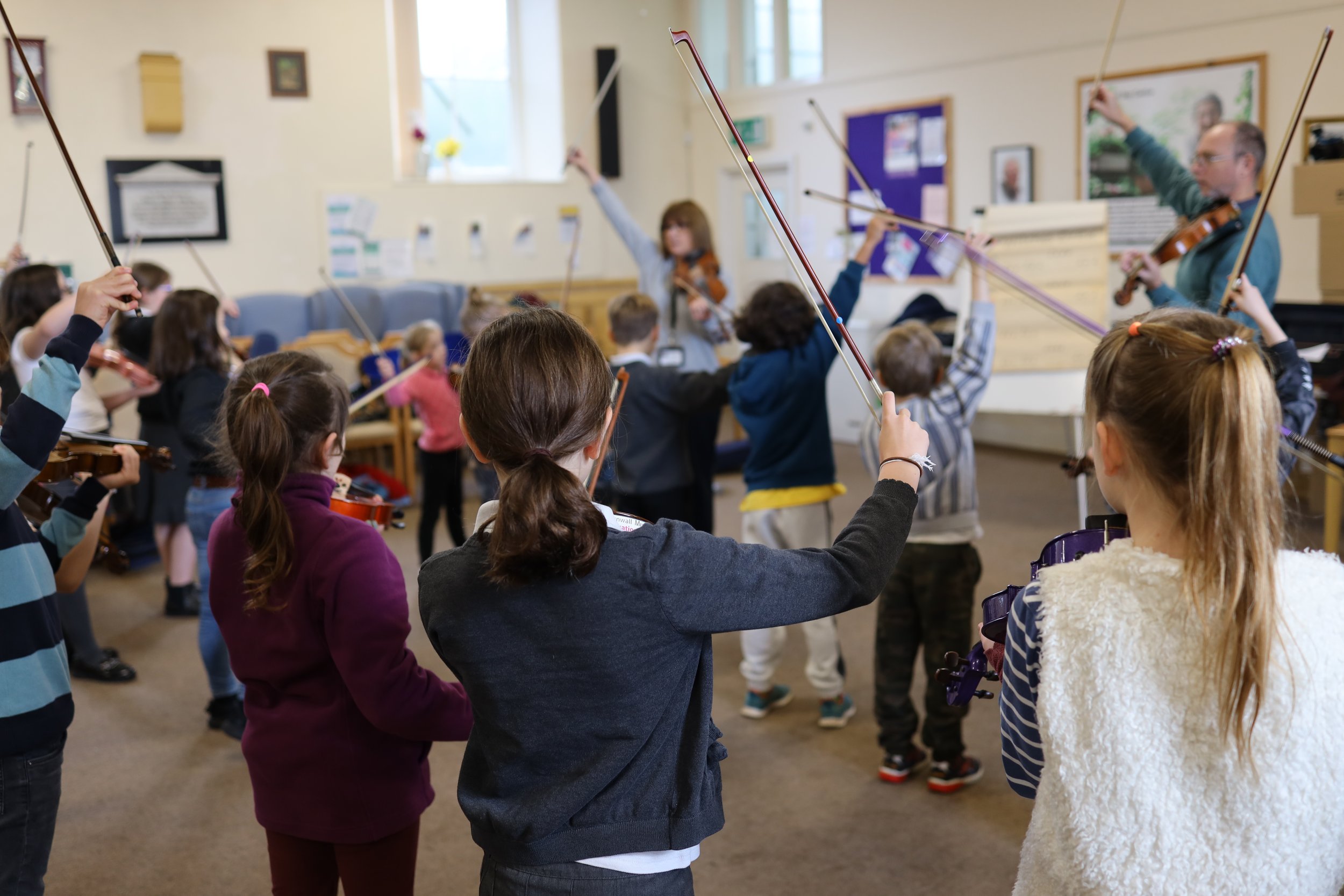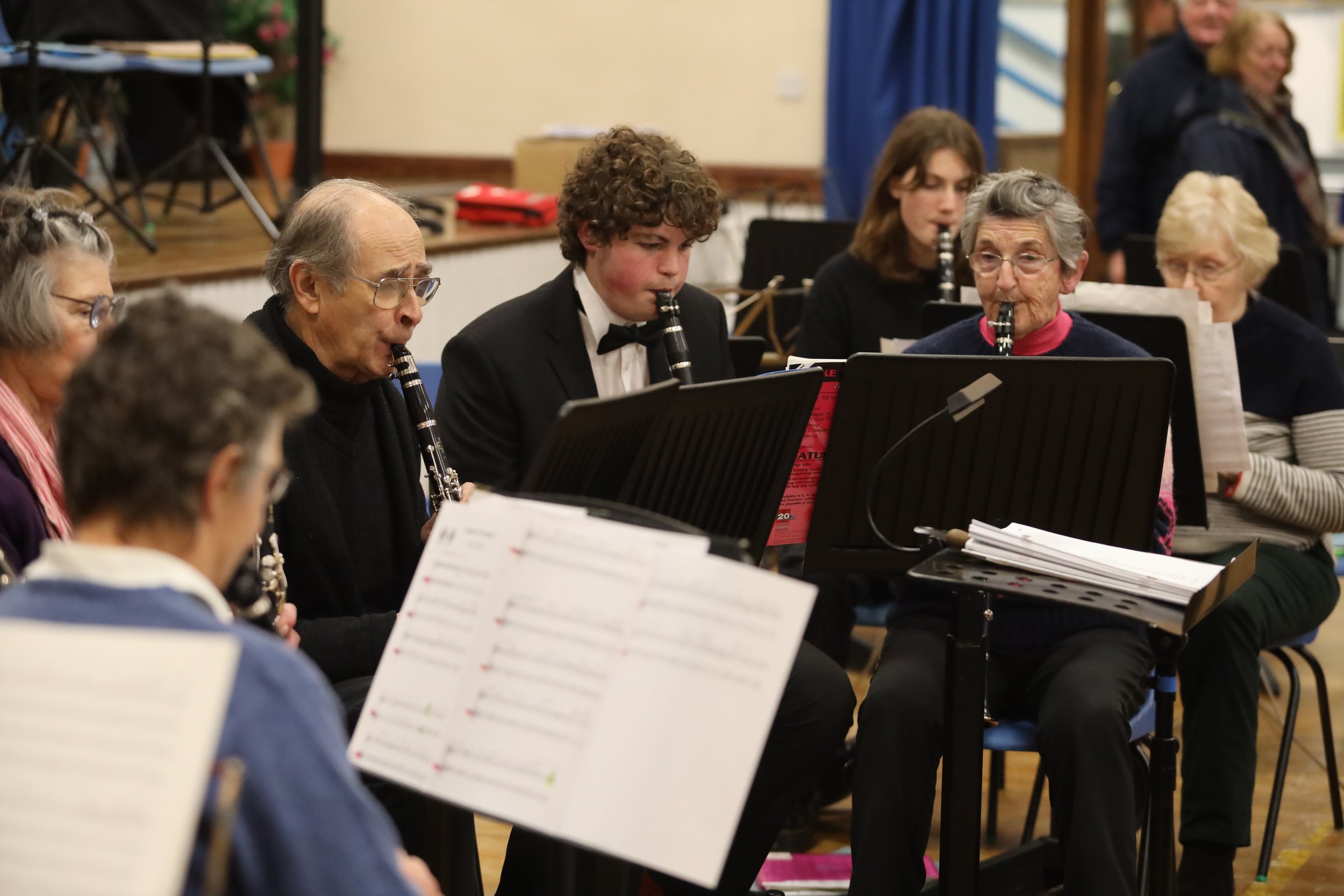As parents, you’re always looking for ways to support your child’s growth and development—especially in the early years when their brains are developing at a rapid pace. Did you know that introducing your little one to music before the age of 5 can have a profound impact on their cognitive, emotional, and social development?
At CMST, we believe that early years music lessons are more than just a fun activity—they’re a powerful tool for shaping a child's future. Let’s take a look at the developmental benefits of music for young children.
Cognitive Development: Boosting Brain Power
Music helps develop key cognitive skills, especially in the early years. For children under five, engaging with music can enhance memory, concentration, and problem-solving abilities. Here’s how:
Memory: Learning simple songs and nursery rhymes boosts memory retention. When kids memorize melodies or lyrics, they're exercising their memory in a playful and engaging way.
Attention and Focus: Regular exposure to music helps young children build the ability to focus and concentrate, even at an early age. Music lessons help kids understand patterns, rhythms, and sequences, laying the foundation for strong focus in other areas.
Language Skills: Songs and rhythms also aid in the development of language skills. Singing helps children learn new words, improve pronunciation, and understand the structure of language.
Emotional Development: Confidence and Expression
Music is a great way for young children to express their emotions, building both confidence and emotional intelligence. Through music, children experience a wide range of emotions, and learning to play an instrument or sing can be a safe space for them to explore these feelings.
Self-Expression: Playing music or singing allows children to express themselves in a creative way, which helps them manage emotions and build confidence.
Emotional Regulation: Learning how to listen, play, and respond to different musical cues helps children develop emotional control. As they practice and improve, they feel a sense of accomplishment that boosts their self-esteem.
Social Development: Building Relationships and Teamwork
Music also plays a vital role in developing social skills. When young children participate in group music activities or early years music events, they learn essential skills that benefit them in many areas of life:
Communication: Playing music with others teaches young children how to listen and respond to their peers, improving their communication skills.
Collaboration and Teamwork: In group settings, children learn how to work together, take turns, and share attention. These experiences foster cooperation and help kids build relationships with others.
Social Confidence: Performing music, even in small groups, builds confidence in children as they share their accomplishments with others.
Ready to Give Your Child a Head Start?
At CMST, we offer early years music lessons designed to foster your child’s development in a fun and supportive environment. Our lessons, delivered in early years settings and at early years music events, focus on helping children under five engage with music in a way that supports their cognitive, emotional, and social growth.
Ready to give your child a head start in life with the power of music? Learn more about Early Years music and contact us below!



















































